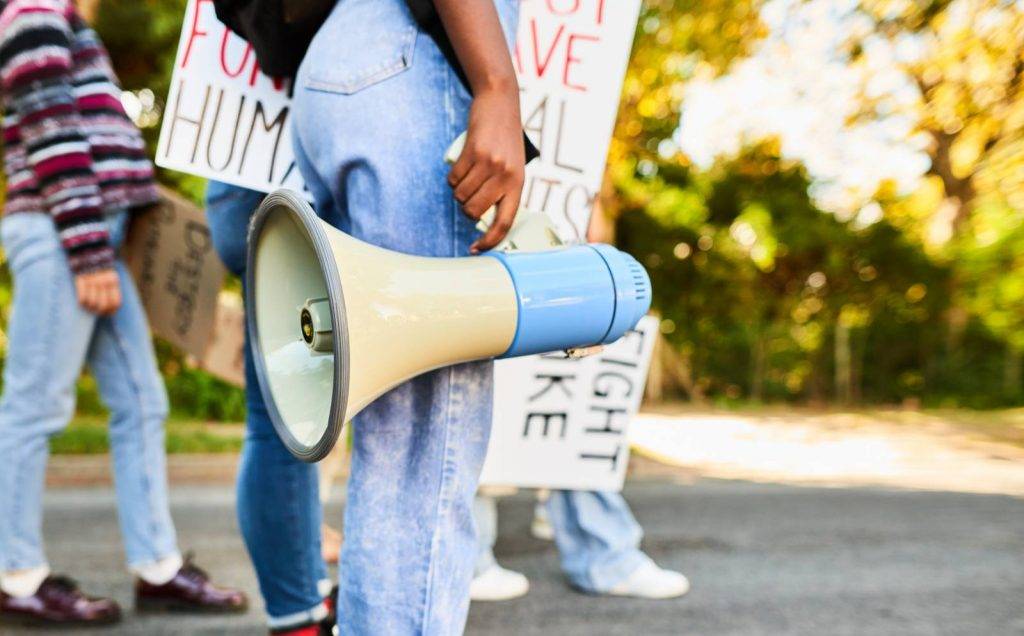
The transition to renewable energy in Africa presents an opportunity to promote gender equality and empower the youth
The reality of energy poverty in Africa underscores the need for renewable energy investments on the continent. While 600 million Africans have no access to energy, it is the women and youth who are disproportionately affected.
Women are mostly responsible for managing energy needs in their households, a task that can be time-consuming and even hazardous.
More than 60% of the continent’s population is under the age of 25 and many of these young people are advocates for sustainable practices and innovative energy technologies.
Achieving gender equality in the renewable energy sector could unlock up to $1.3 trillion in economic opportunities globally, according to the International Renewable Energy Agency.
In Africa, where the renewable energy sector is burgeoning, integrating youth and gender considerations into energy policies and practices can catalyse economic growth and environmental sustainability. This calls for a robust conversation about gender-responsive and youth-centred renewable energy systems.
Integrating these perspectives is not merely a matter of equity, it is essential for creating resilient and effective solutions that address the diverse needs of Africans. This will ultimately empower both women and the youth to shape a sustainable energy future for the continent.
Even so, Africa is grappling with a unique set of challenges and opportunities in its energy transition journey. This crossroads is shaped by several factors: the need to provide millions of people with electricity, to mitigate climate change and align energy systems with global sustainability goals.
Recent global discussions on climate action and sustainable development have highlighted the need for inclusive energy strategies. These must not only address the existing energy shortfall but also empower marginalised groups.
Young people bring innovative ideas, technological proficiency and a fresh perspective that can drive the energy transition. Their involvement is crucial in developing renewable energy systems that resonate with local communities.
Programmes that promote entrepreneurship among young people in the renewable energy sector have shown promise. The Solar Sister initiative in East and West Africa, for instance, empowers young women by providing training and business support to sell solar energy products in their communities. This not only enhances energy access but also creates jobs and empowers women economically.
Women spend hours collecting firewood and other fuels for cooking and heating their homes. Using these dirty fuels exposes them to health complications from indoor air pollution. Gender-responsive renewable energy systems are essential to ensure that solutions meet the diverse needs of all community members, especially the most vulnerable.
The UN sustainable development goals 5 and 7 emphasise gender equality and affordable and clean energy, respectively. Addressing gender disparities in the energy sector is a practical necessity to achieve sustainable development.
There are promising case studies in Africa. In Rwanda, for instance, women make up a significant portion of the workforce in the renewable energy sector, particularly in the solar industry. This has enhanced both energy access and gender equity.
Still, a lot remains to be done to lay the groundwork for an extensive and long-term transformation of Africa’s energy sector. Policymakers must put emphasis on inclusive strategies.
Foremost, they must design and implement gender and youth-focused policies. These must address the barriers to accessing energy resources and promote their participation in the sector.
Policymakers must also promote education and training by investing in programmes that equip young people, especially women, with the skills needed for jobs in the renewable energy sector. This could take the form of technical training as well as business management and entrepreneurship.
Programmes that facilitate dialogue between energy developers and individuals ensure that solutions are tailored to meet local needs and priorities.
Strengthening partnerships and collaboration between governments, NGOs and the private sector makes it easier to mobilise resources and expertise.
As the continent navigates its energy problems, the inclusion of diverse voices in planning and implementation is essential for sustainable development.
As American civil rights activist Jesse Jackson once said, inclusion is not a matter of political correctness, it is the key to growth.
Karabo Mokgonyana is a renewable energy campaigner at Power Shift Africa.



